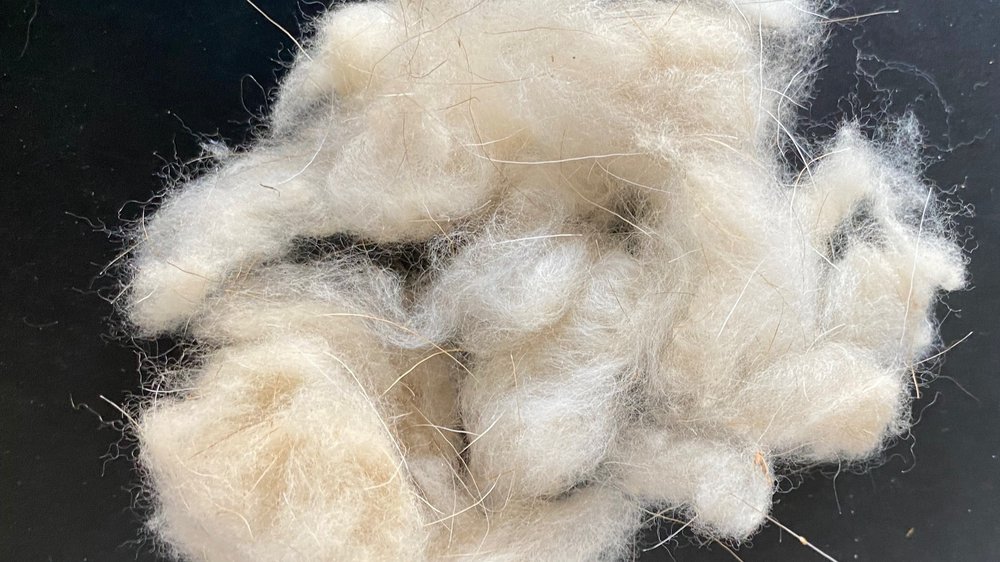Comprehending the Different Kinds of Cashmere an All-natural Fiber and Their Distinct Advantages

The Origins of Cashmere: A Historical Review
While the elegant touch of cashmere continues to appeal contemporary consumers, its origins map back to the harsh, cool climates of Mongolia and the Mountain ranges. For centuries, the indigenous individuals of these regions have actually been raising Capra Hircus goats, the prime source of cashmere woollen. These goats, durable versus the extreme winters, expanded a great undercoat to endure, which later came to be known as cashmere.

The Manufacturing Refine: From Goat to Garment
Shearing a Capra Hircus goat notes the beginning of the elaborate cashmere manufacturing procedure. This delicate treatment generally happens annually throughout spring. The fine, soft undercoat is after that separated from the coarser outer hair, a procedure called dehairing. The resultant raw cashmere is after that cleaned to eliminate impurities such as dust, vegetable, and grease issue.
The clean fiber is subjected to dyeing, rotating, and weaving, or knitting, to transform it right into a material. Facility procedures like quality assurance checks and ending up processes comply with, guaranteeing the end item keeps the lavish requirement anticipated of cashmere. This meticulous process, from goat to garment, warrants the high expense connected to cashmere products, making them a sign of deluxe and refinement.
The Various Kinds of Cashmere: A Comprehensive Analysis
The Distinct Benefits of Cashmere: Convenience and Sustainability
Relocating from the variety of cashmere types to the advantages they provide, comfort and sustainability attract attention prominently. Cashmere, an all-natural fiber, is renowned for its unmatched softness, offering a level of comfort that synthetic fibers can't match. The product's agility, yet outstanding warmth retention, makes it optimal for all look at here periods. Cashmere's all-natural flexibility enables it to return to its original shape, making it resistant to stretching or shrinking.
When it involves sustainability, cashmere is eco-friendly and naturally degradable, as it's gathered from cashmere goats who regrow their coats yearly. what is cashmere. Unlike synthetic fibers which can take hundreds of years to break down, cashmere's effect on the atmosphere is minimal. This combination of comfort and sustainability makes cashmere an advantageous choice for conscious customers

Taking Care Of Your Cashmere: Upkeep and Preservation Tips
While cashmere is definitely a lavish and lasting option, it check this site out calls for view publisher site certain care to preserve its quality and expand its lifespan. To begin, cashmere should be hand cleaned using cool water and a mild cleaning agent. Avoid wringing the garment or turning as it can damage the fibers. Rather, gently capture out excess water and lay it level on a towel to dry. Cashmere things ought to be saved in a dry and cool location, away from straight sunlight and moisture. Making use of moth repellents can safeguard these garments from possible damage. It's advisable to prevent hanging cashmere to prevent stretching. Rather, fold and store them appropriately to maintain their shape and quality in time.
Spending in Cashmere: Recognizing Its Worth and Well Worth
Although cashmere might originally seem like a pricey investment, its long-term worth and worth become obvious when you consider its remarkable qualities. Understood for its exceptional soft qualities and warmth, cashmere is a costs natural fiber that outshines other products. Spending in cashmere, therefore, is not just regarding current fashion fads, but regarding embracing a sustainable, durable, and glamorous way of living.
Conclusion
In summary, the type of cashmere one picks, be it Mongolian, Chinese, or Italian, is dictated by individual choices for heat, high-end, sustainability, and budget plan. Comprehending the beginnings, manufacturing process, and distinct benefits of various kinds of cashmere can direct consumers in their financial investment in this lavish all-natural fiber.
Whether it's the remarkable heat of Mongolian cashmere, the cost of Chinese cashmere, or the eco-conscious manufacturing of Italian cashmere, there's a story to be uncovered behind each fiber type. Cashmere, a natural fiber, is renowned for its unequaled softness, offering a degree of convenience that synthetic fibers can't match.When it comes to sustainability, cashmere is biodegradable and renewable, as it's gathered from cashmere goats who regrow their layers annually. Understood for its unrivaled soft qualities and warmth, cashmere is a costs natural fiber that surpasses various other materials. Understanding the beginnings, production process, and special benefits of different types of cashmere can guide consumers in their investment in this extravagant natural fiber.